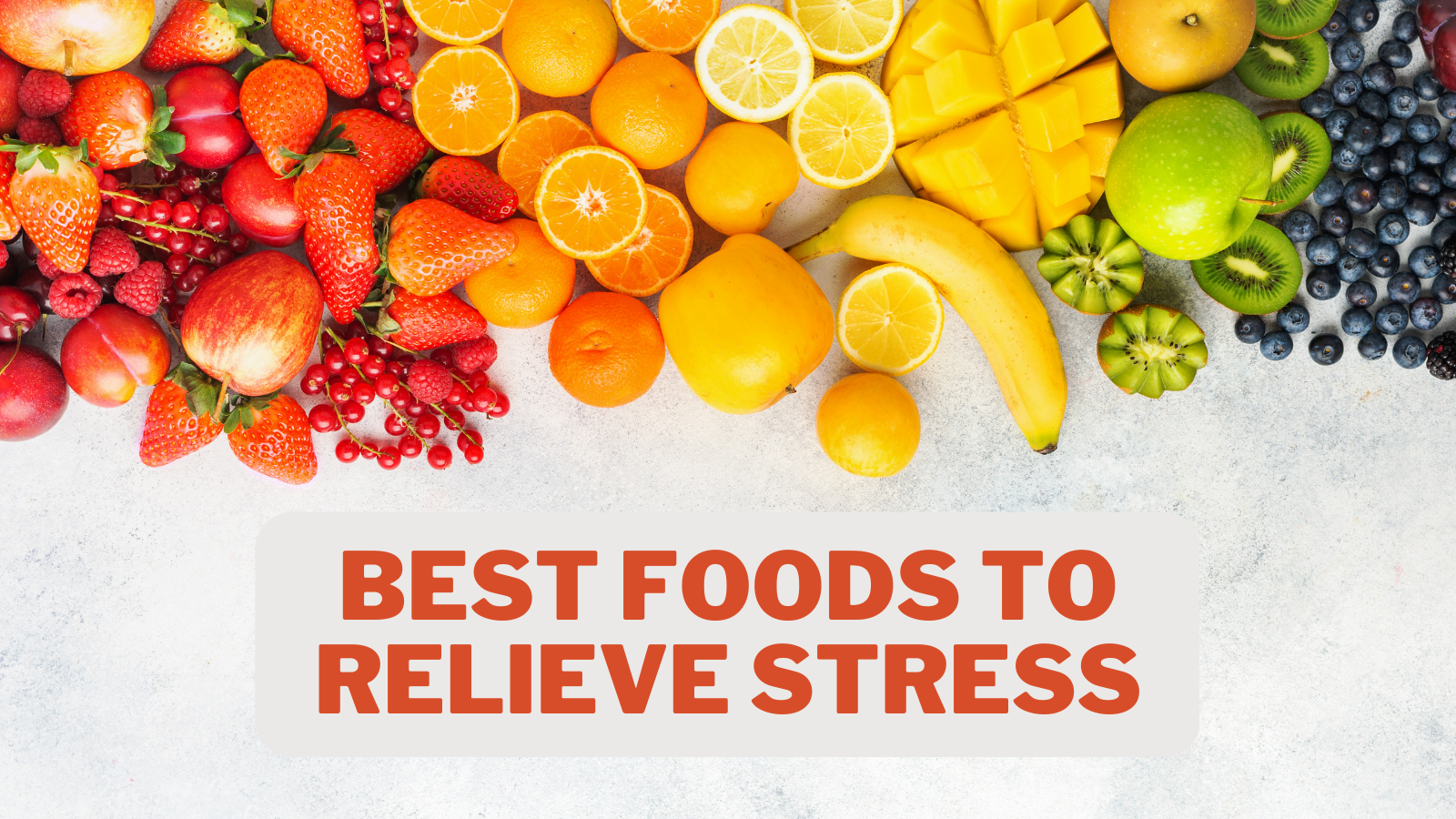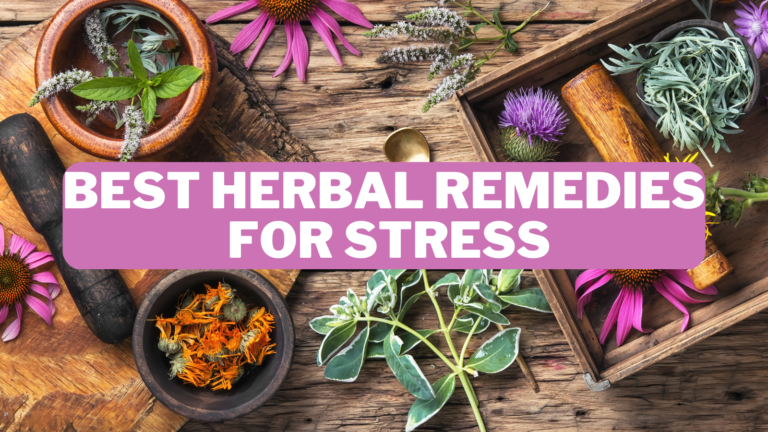Best Foods To Relieve Stress
Best Foods To Relieve Stress
Stress has become a necessary component of our lives in today's fast-paced society. Stress can harm physical and mental health, leading to various health problems, including anxiety, depression, and even chronic diseases like heart disease and diabetes.
While there are many ways to manage stress, one effective way is through our diet. Certain foods can help reduce stress and promote relaxation, helping us feel calmer and more centred.
In this blog, we'll explore some of the best foods to relieve stress and provide tips on incorporating them into your diet. Now, take a seat, unwind, and let's begin!
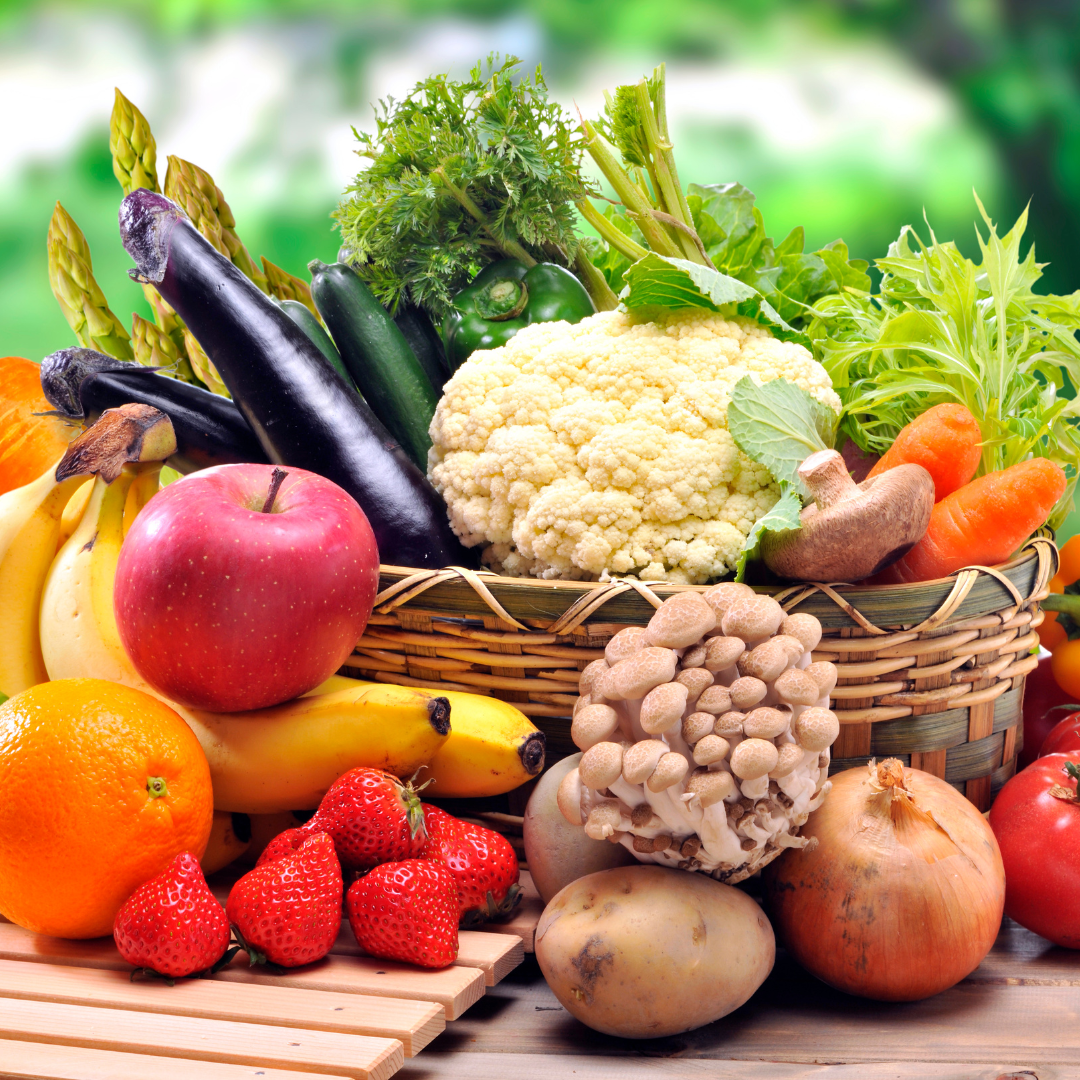
Importance Of Foods To Relieve Stress
Stress is a common problem affecting many people today for various reasons, such as work pressure, relationship issues, financial problems, and health concerns.
If left unmanaged, stress can negatively affect mental and physical health, including anxiety, depression, insomnia, high blood pressure, and heart disease.
One effective way to manage stress is through a healthy diet. The food we eat can significantly impact our stress levels and overall well-being.
A balanced diet that includes a variety of foods from different food groups can help alleviate stress.
Carbohydrates are one type of food that can help relieve stress. They increase the production of serotonin, a neurotransmitter that helps regulate mood, appetite, and sleep.
Complex carbohydrates found in whole grains, fruits, and vegetables release glucose slowly into the bloodstream, providing a steady source of energy and preventing blood sugar spikes that can cause mood swings.
Proteins are another type of food that can help reduce stress. Protein-rich foods such as fish, poultry, lean meat, and eggs contain amino acids that help produce neurotransmitters such as dopamine and norepinephrine, improving mood and reducing stress.
Foods high in antioxidants, such as berries, nuts, and green leafy vegetables, can also help alleviate stress. Antioxidants help reduce inflammation, which is a common stress response.
Omega-3 fatty acids in fatty fish, nuts, and seeds can also help reduce stress. These fatty acids are important for brain function and can help regulate mood and reduce inflammation.
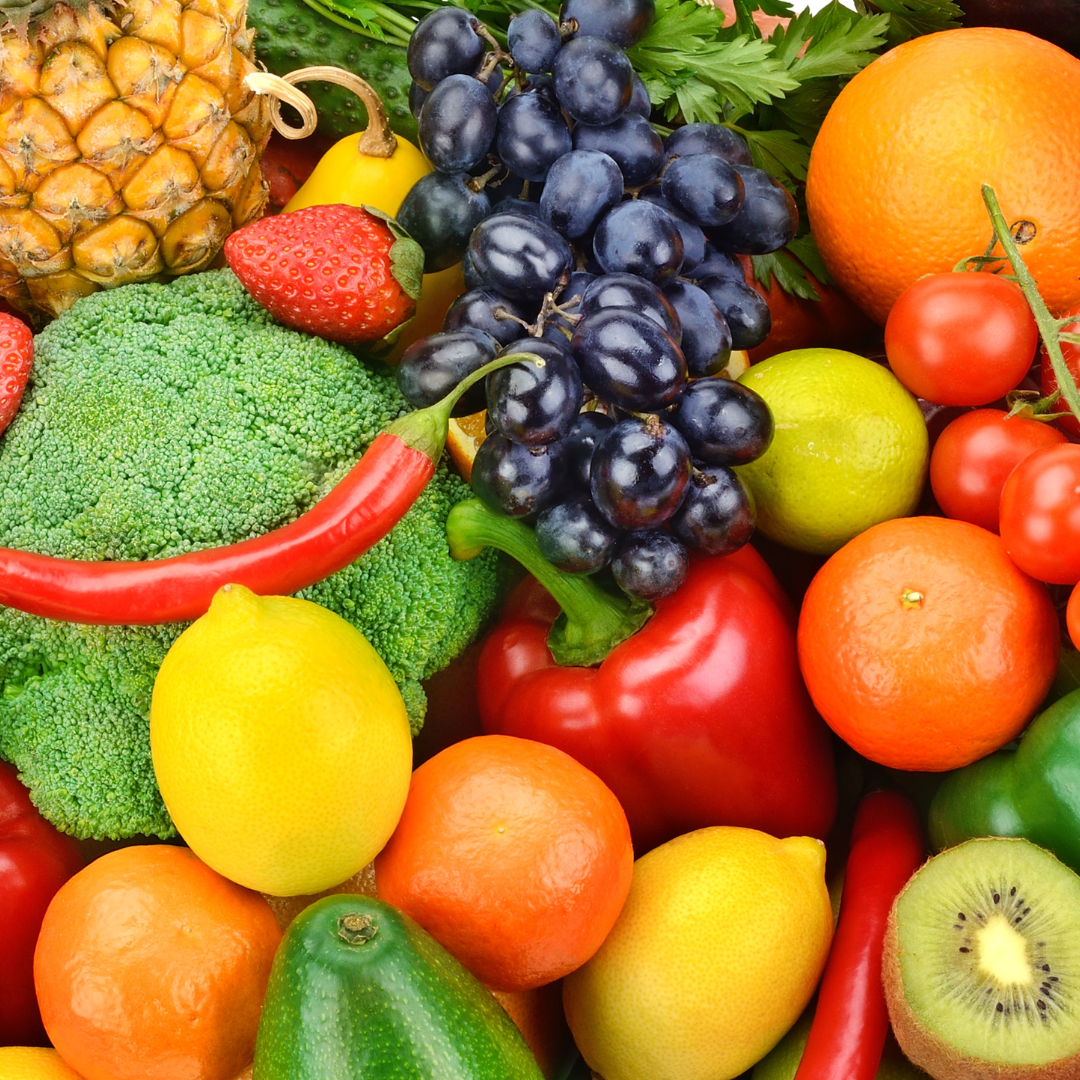
Foods To Relieve Stress
A healthy diet can be an effective tool when managing stress. Eating certain foods can help reduce stress levels and promote feelings of calmness and relaxation.
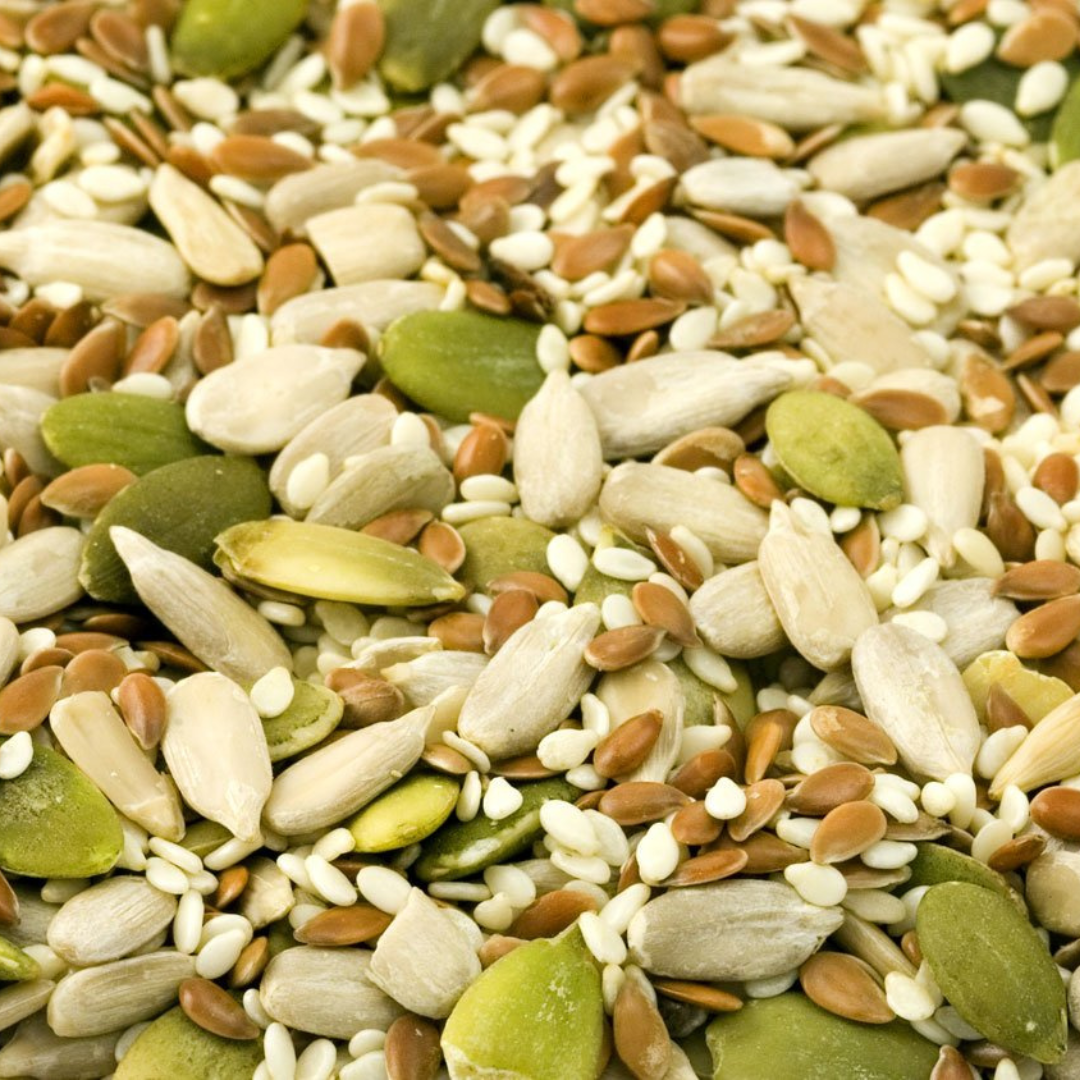
1. Seeds
Seeds like pumpkin and sunflower seeds are great snack options for reducing stress. These seeds are a good source of magnesium, a mineral that can help regulate the body's stress-response system.
Magnesium can also help promote relaxation and calmness by regulating the release of stress hormones like cortisol.
Furthermore, seeds contain fiber, protein, and healthy fats that can help control blood sugar levels and encourage feelings of fullness and satisfaction.
This means snacking on seeds can help keep hunger at bay, prevent overeating, and reduce cravings for unhealthy snacks.
The amino acid tryptophan, which the body requires to make serotonin, is also abundant in pumpkin seeds.
This neurotransmitter can help regulate mood and promote feelings of calmness and well-being.
On the other hand, sunflower seeds are a strong source of vitamin E, an antioxidant that can lessen inflammation and help protect against oxidative stress.
Incorporating pumpkin and sunflower seeds into your diet can provide a healthy and nutritious snack that can help reduce stress levels and promote overall health and well-being.

2. Sweet Potatoes
Sweet potatoes are a nutrient-dense food with various health benefits, including stress relief. They are a good source of complex carbohydrates, important for regulating blood sugar levels and promoting calmness and relaxation.
Sweet potatoes also contain beta-carotene, an antioxidant that gives them an orange colour. Beta-carotene can help reduce inflammation in the body, which is important because chronic inflammation can lead to various health problems, including stress.
Sweet potatoes can reduce stress and are a rich source of vitamins and minerals. They are rich in vitamin C, which can help strengthen the immune system and reduce inflammation and vitamin A, which is crucial for the immune system and eye health.
Sweet potatoes also have a good supply of potassium, which helps control blood pressure and lower the risk of heart disease. Also, they contain a lot of fiber, which aids in promoting satiety and preventing overeating.
Sweet potatoes can be delicious and nutritious, promoting stress relief and overall health and well-being.
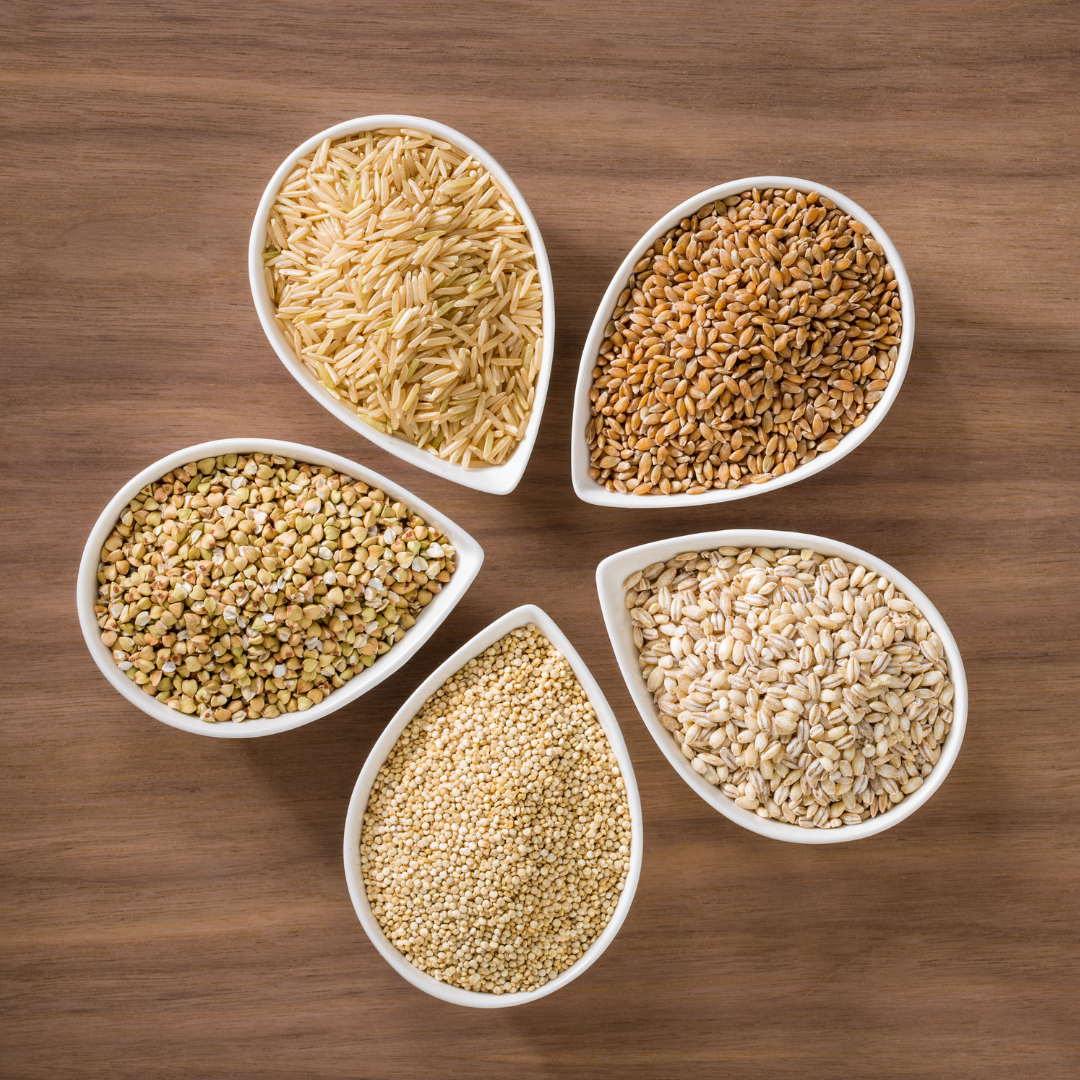
3. Whole Grains
Whole grains, such as oats, quinoa, and brown rice, contain the entire grain kernel, including the bran, germ, and endosperm.
They are a good source of complex carbohydrates, which are digested slowly by the body and can help regulate blood sugar levels.
This can prevent sudden spikes and crashes in blood sugar levels, causing mood swings and irritability.
Whole grains also contain fiber, which can promote fullness and satisfaction, further reducing stress levels.
They are also rich in essential vitamins and minerals, which are important for overall health and well-being.
Adding whole grains to one's diet can offer a range of health benefits and reduce stress levels.
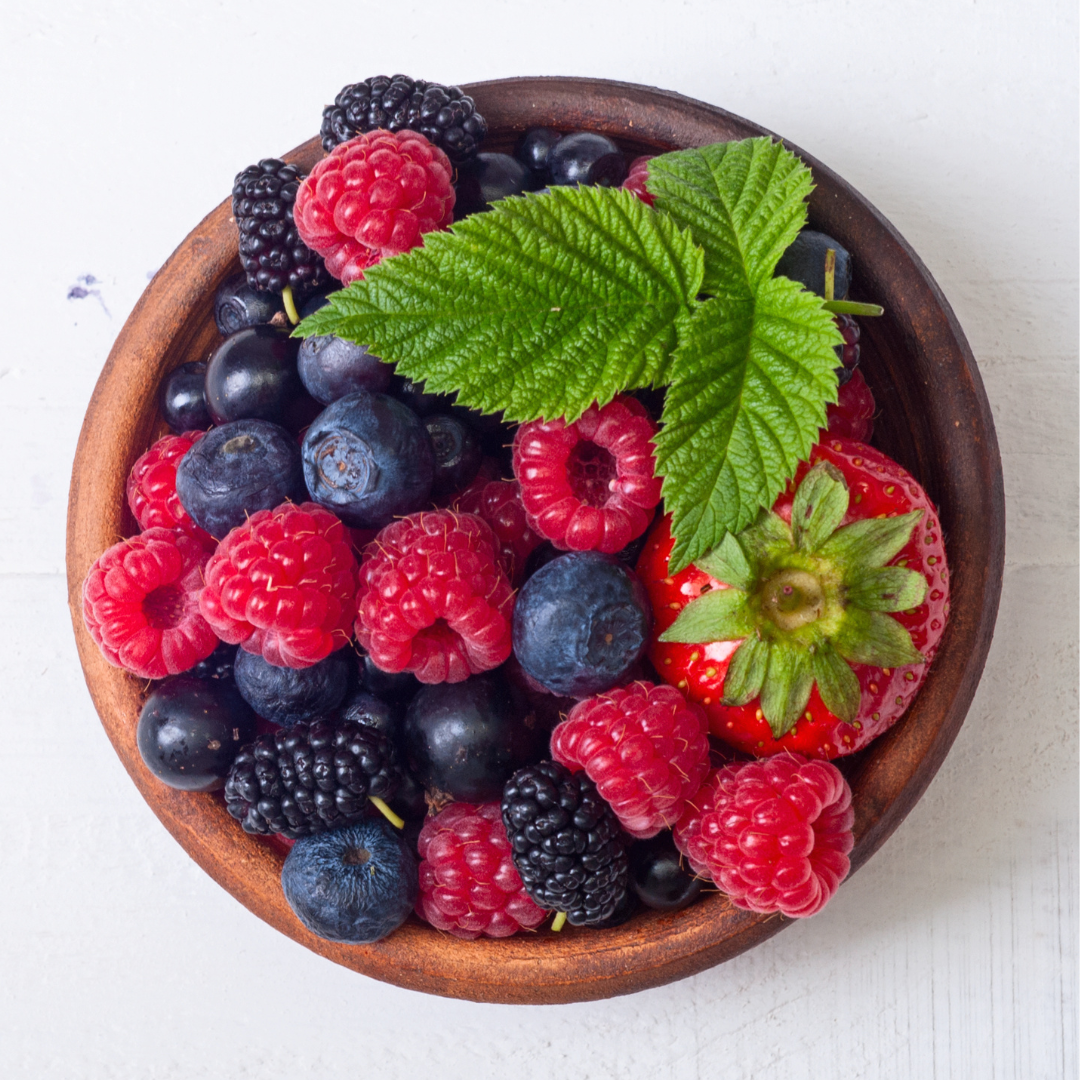
4. Berries
Berries are a group of small, colourful fruits high in antioxidants, fiber, and other nutrients that can provide numerous health benefits. Specifically, berries are a great food for managing stress due to their high antioxidant content.
Antioxidants help protect the body from damage caused by harmful molecules called free radicals. Free radicals can cause inflammation in cells and tissues and contribute to developing chronic diseases.
Stress can also lead to the production of free radicals, so consuming antioxidant-rich foods like berries can help reduce the negative effects of stress on the body.
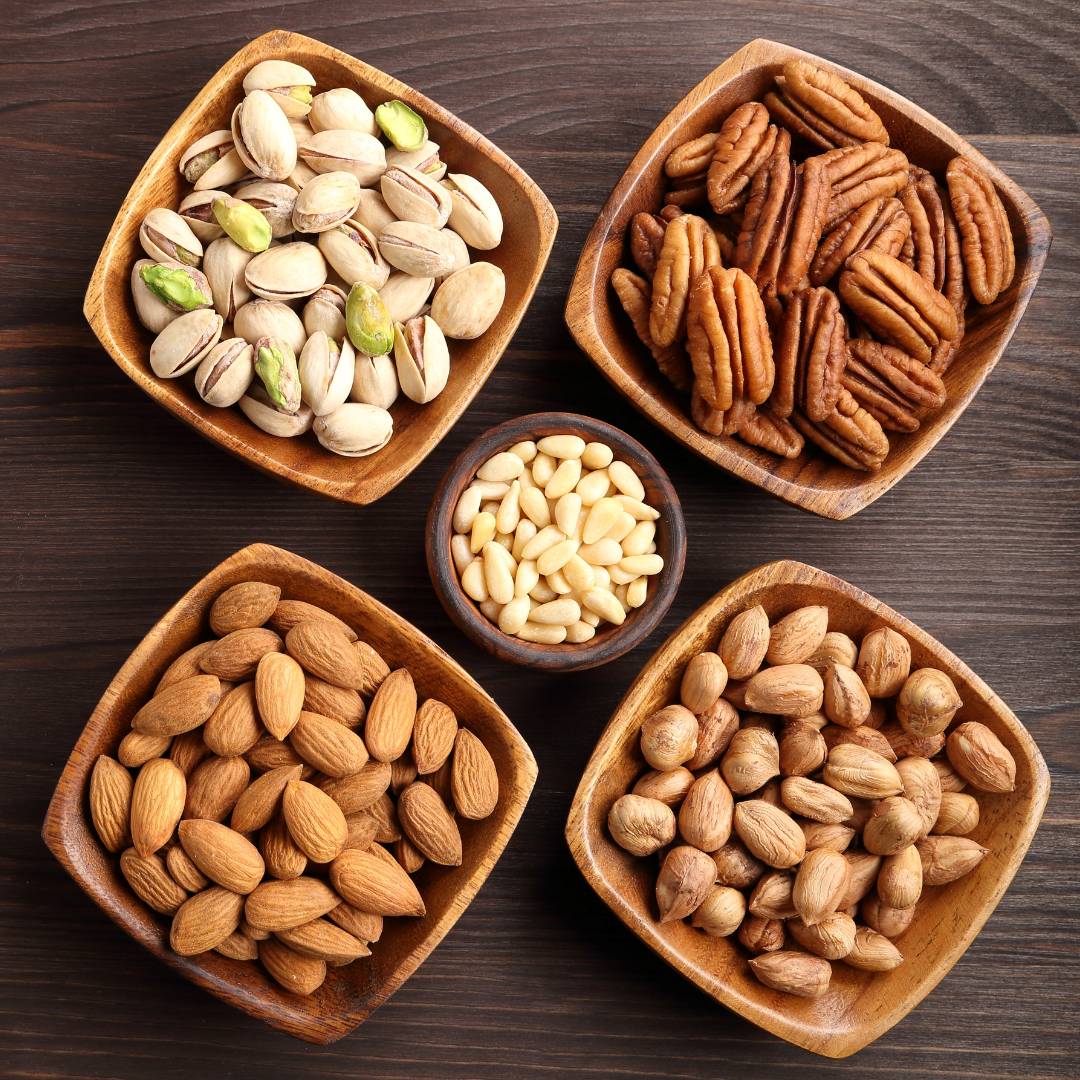
5. Nuts
Nuts are a food high in healthy fats, fiber, and protein, making them an excellent addition to a healthy and balanced diet. Specifically, nuts are great for managing stress due to their high nutrient content.
Healthy fats found in nuts, such as monounsaturated and polyunsaturated fats, have been shown to have numerous health benefits, including improving heart health and reducing inflammation in the body.
Additionally, these healthy fats can help regulate mood and reduce stress by promoting the production of neurotransmitters associated with improved mood and reduced anxiety.
Nuts are also an excellent source of fiber, which can help regulate digestion and promote feelings of fullness.
This can be beneficial for managing stress, as overeating and weight gain can increase feelings of anxiety and stress.
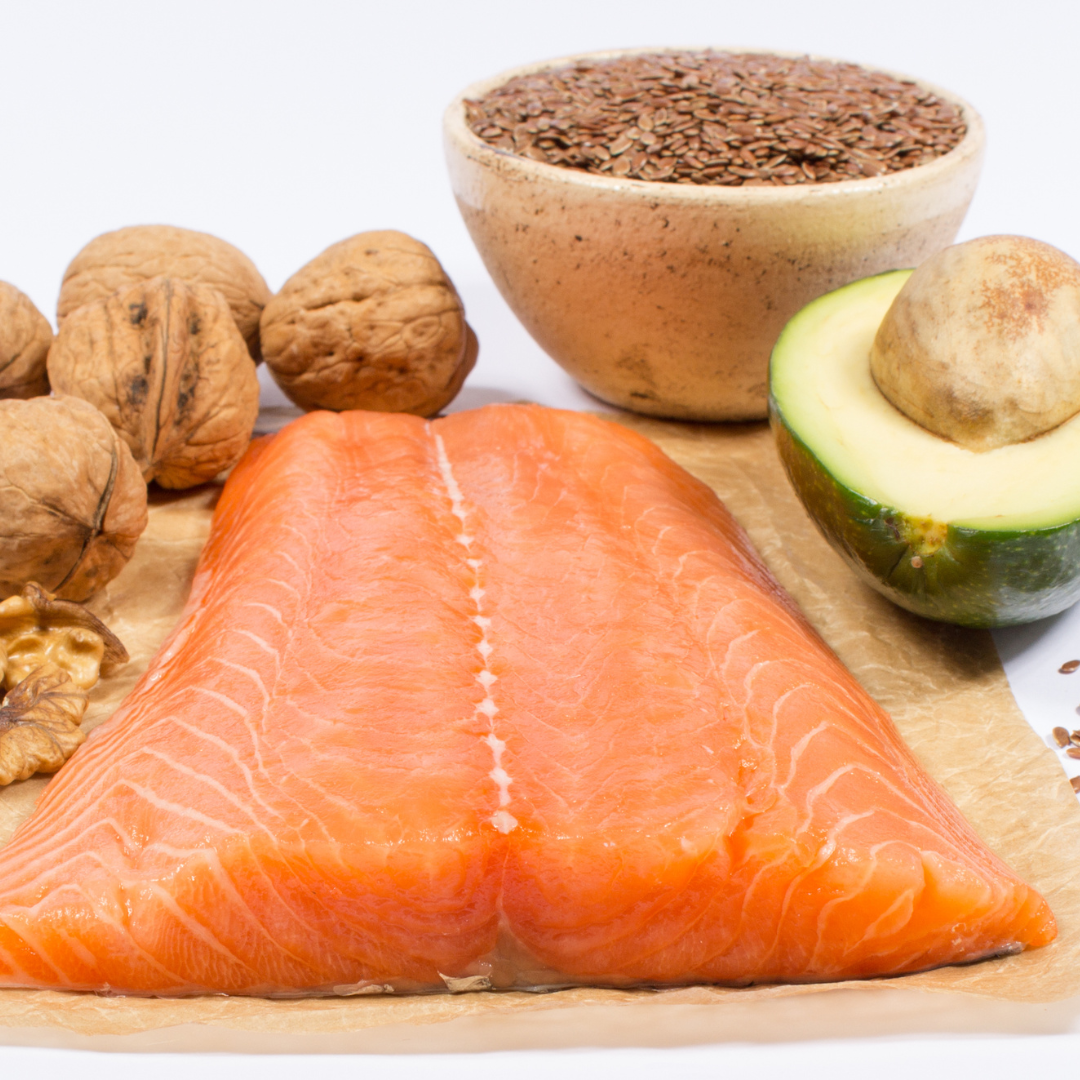
6. Fatty Fish
Salmon, tuna, and mackerel are among the fatty fish that provide a great source of omega-3 fatty acids, a type of polyunsaturated fat that plays a crucial role in brain function and overall health.
Specifically, omega-3 fatty acids are a great food for managing stress due to their numerous health benefits.
Omega-3 fatty acids are important for brain function, as they make up a significant portion of the brain and produce neurotransmitters that regulate mood and behaviour.
Omega-3 fatty acids have been found in studies to enhance mood and lessen signs of anxiety and despair.

7. Dark Chocolate
Dark chocolate is derived from cocoa beans with more cocoa solids than other varieties. This food is often recommended for managing stress due to its high antioxidant content and other beneficial compounds.
One of the primary compounds in dark chocolate is flavonoids, a type of antioxidant. Flavonoids can help reduce stress levels by improving blood flow to the brain and increasing the production of serotonin, a neurotransmitter associated with improved mood and reduced anxiety.
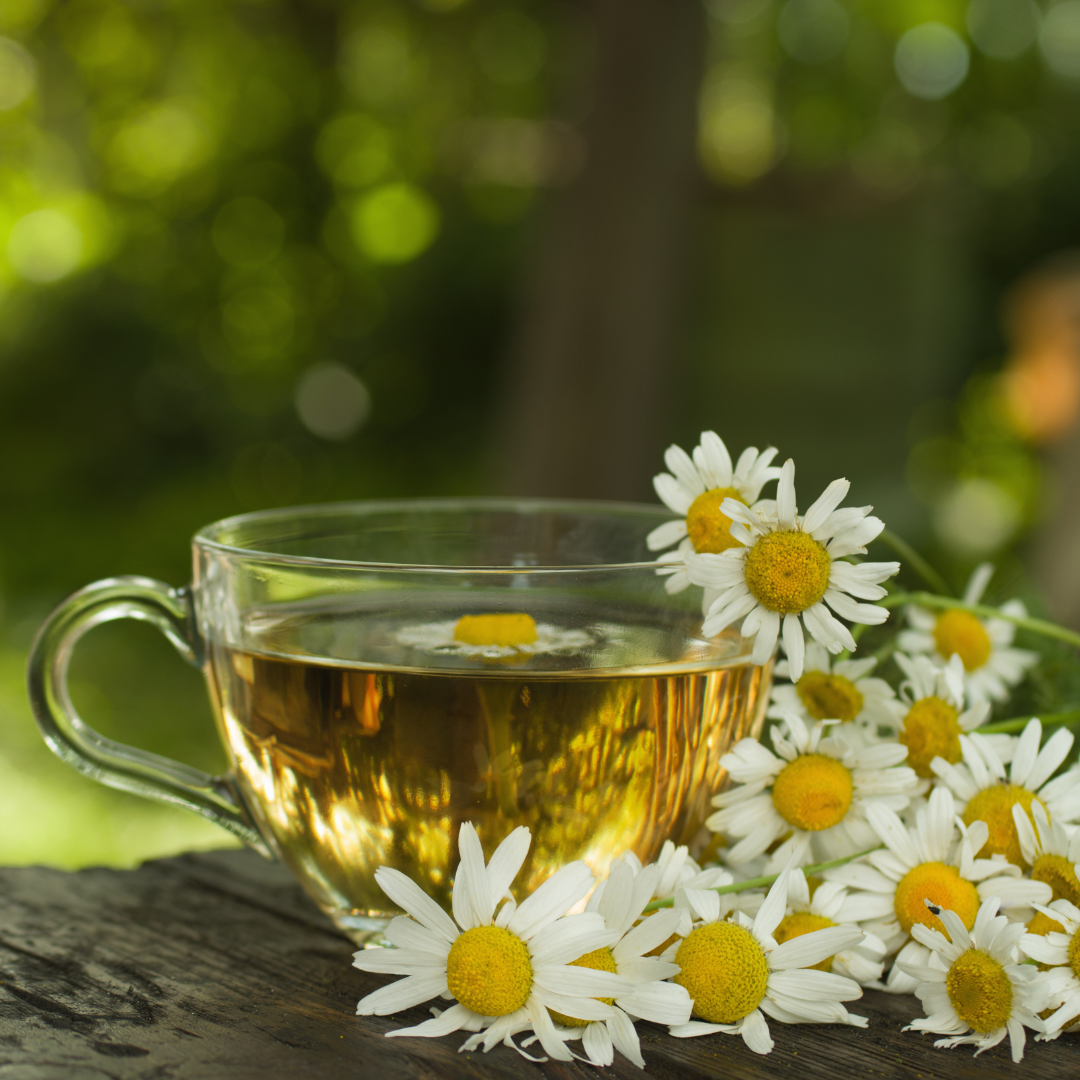
8. Chamomile Tea
Chamomile tea is a popular herbal tea made from the chamomile plant's flowers. It is often recommended as a natural remedy for reducing stress and promoting relaxation due to its many beneficial properties.
One of the primary benefits of chamomile tea is its ability to act as a natural relaxant. It contains compounds that can help reduce muscle tension and the pros of calm and relaxation.
Chamomile tea is also a natural sed that can help promote restful sleep and reduce insomnia symptoms often associated with stress.
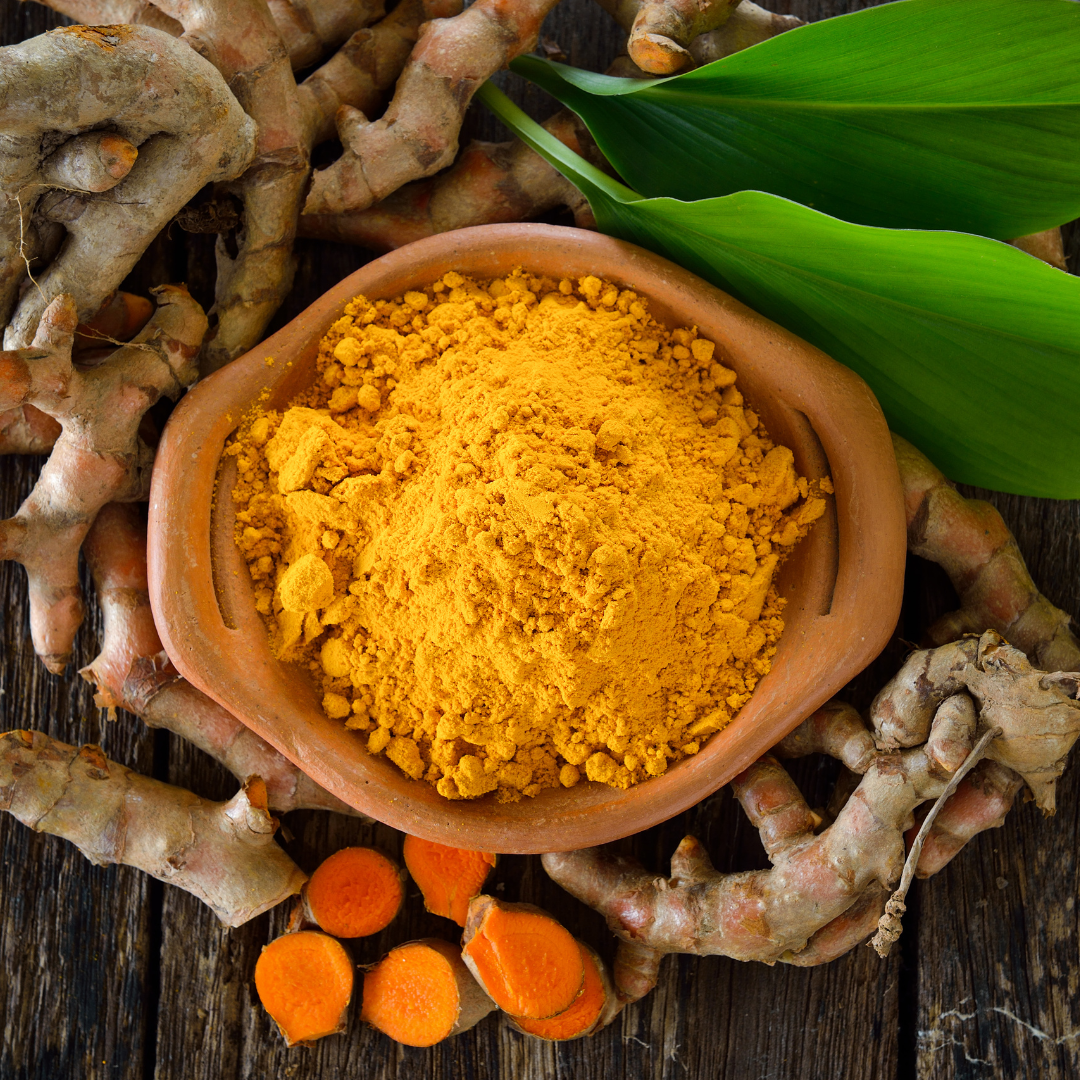
9. Turmeric
Turmeric is a popular spice commonly used in Indian and Middle Eastern cuisine. It has a warm and slightly bitter taste and is often used to add colour and flavour to dishes. In addition to its culinary uses, turmeric is also known for its many health benefits.
Turmeric's main active component, curcumin, has been demonstrated to have anti-inflammatory and antioxidant properties.
These properties make turmeric an effective natural remedy for reducing inflammation and protecting against oxidative stress.
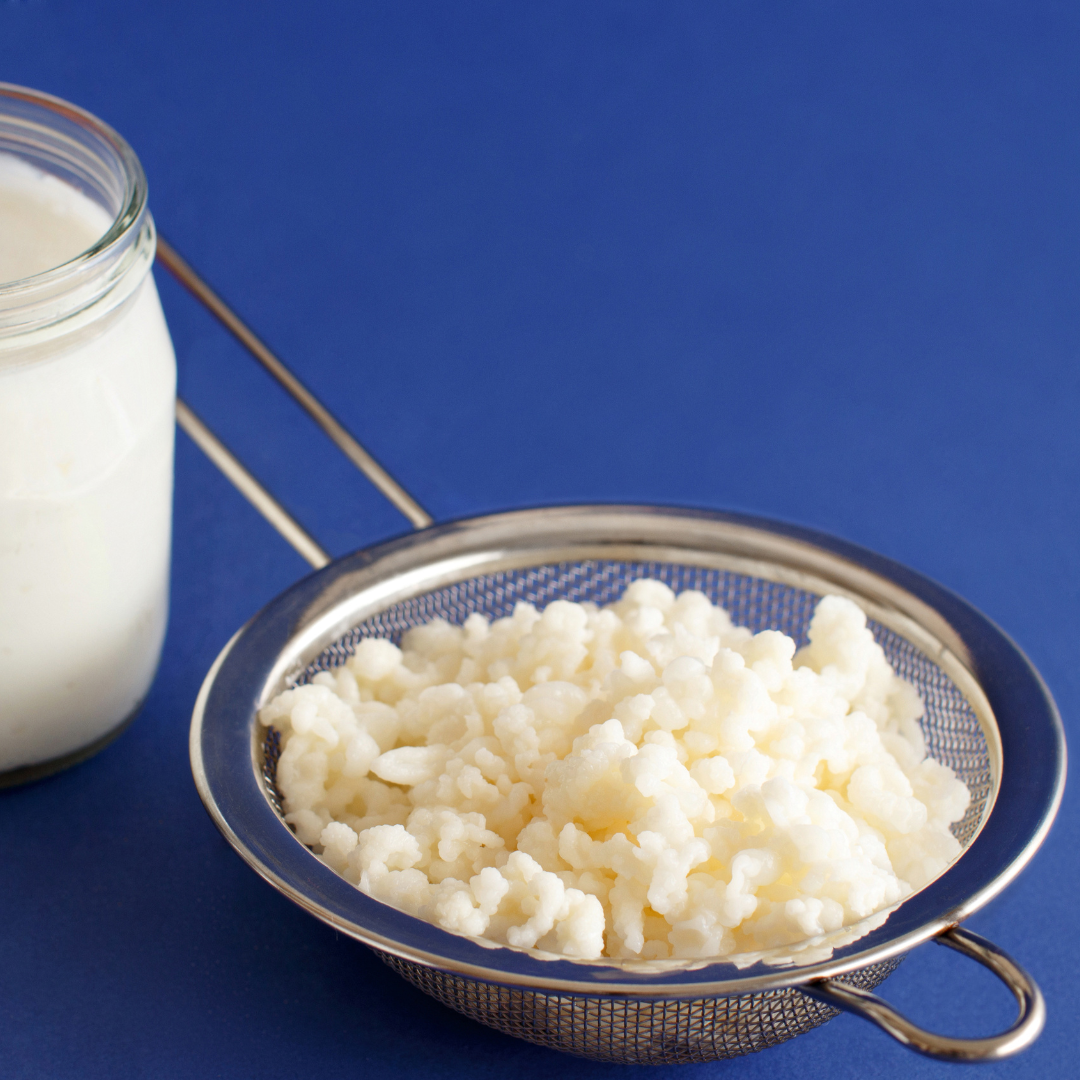
10. Kefir
Kefir is a fermented milk drink that originated in the Caucasus region and is now consumed in many parts of the world.
The fermentation process involves adding kefir grains to milk, which contain a combination of bacteria and yeast that help break down the lactose in milk and create a sour, tangy flavour.
Kefir is rich in probiotics, beneficial bacteria that can help improve digestive health and boost the immune system.
Probiotics can reduce inflammation in the gut and improve overall health, and kefir is a particularly good source of these beneficial bacteria.
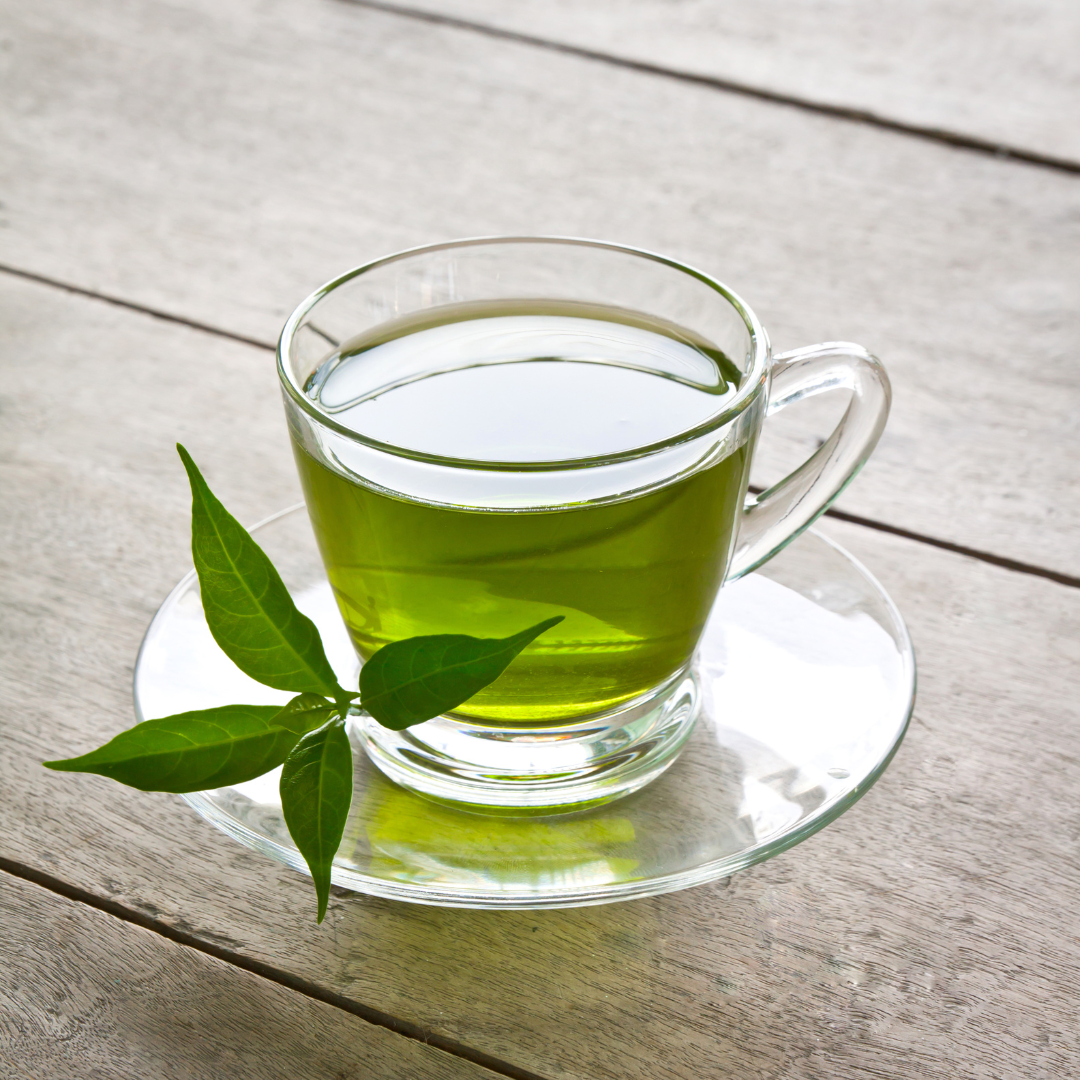
11. Green Tea
Green tea is a type of tea that is made from unfermented tea leaves and is native to China and Japan.
It has become popular worldwide due to its numerous health benefits, including its ability to reduce stress levels.
One of the key components of green tea that help to reduce stress is the amino acid L-theanine. L-theanine is an amino found in tea leaves, and it has been shown to promote relaxation and reduce stress levels by increasing the production of alpha waves in the brain.
Alpha waves are associated with relaxation and are typically present during meditation and deep relaxation.
In addition to its stress-reducing effects, green tea also contains antioxidants that can help protect against oxidative stress.
An imbalance between free radicals and antioxidants in the body can cause oxidative stress, resulting in chronic inflammation and several disorders.
To experience the stress-reducing benefits of green tea, choose a high-quality tea and brew it properly.
This can taste bitter. Add honey or lemon can enhance the flavour and provide additional health benefits.
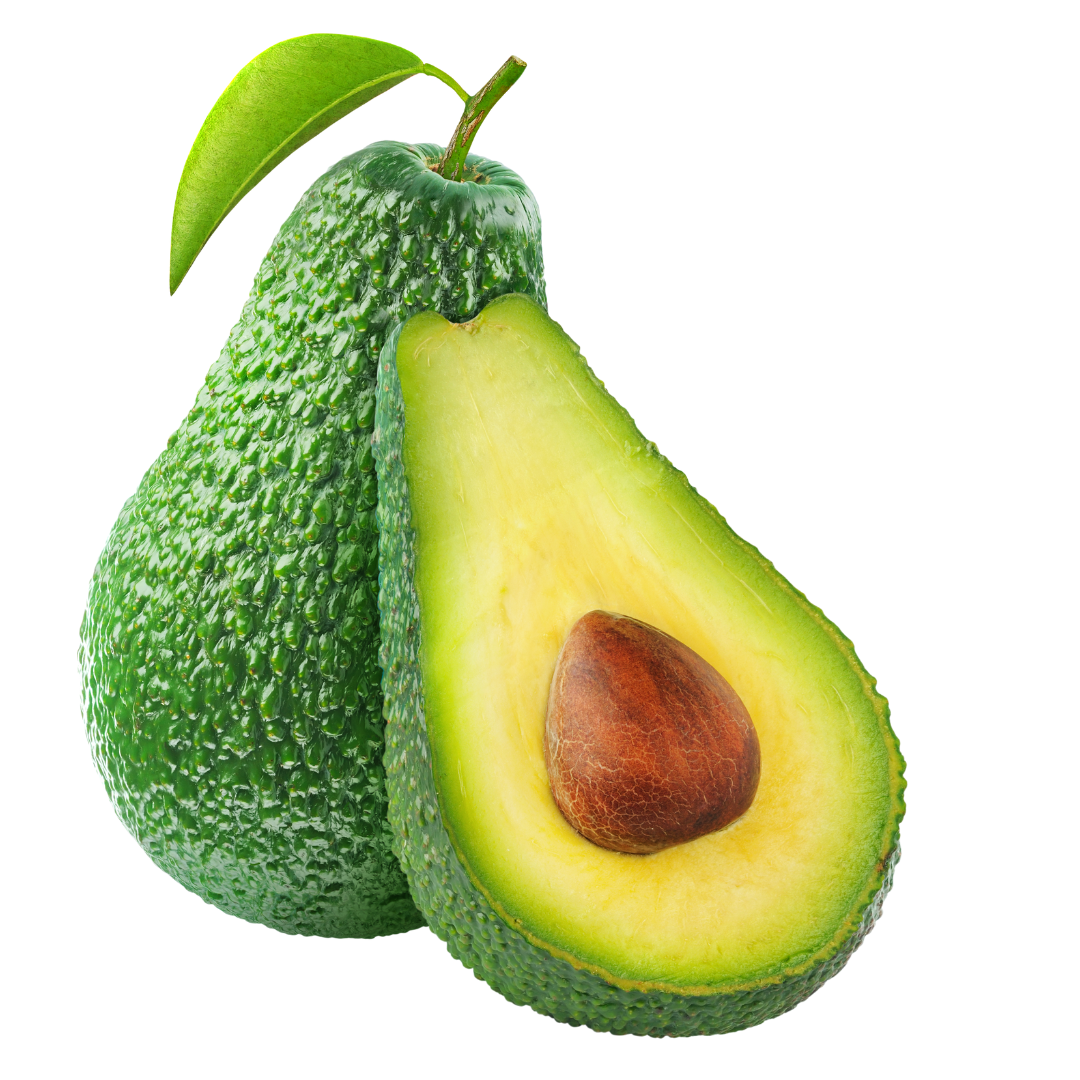
12. Avocado
Avocado is a fruit known for its creamy texture and flavour. It is a good source of monounsaturated fats, considered healthy fats because they can help lower cholesterol levels and reduce the risk of heart disease.
Monounsaturated fats can also help regulate blood sugar levels and minimize inflamed bodies, benefiting people with diabetes and other chronic conditions.
Avocado is also high in fiber, which can help keep the digestive system healthy and regulate blood sugar levels.
It is also a good source of potassium, which is an important mineral that can help regulate blood pressure levels.
Potassium can be especially helpful for people who experience elevated blood pressure due to stress.
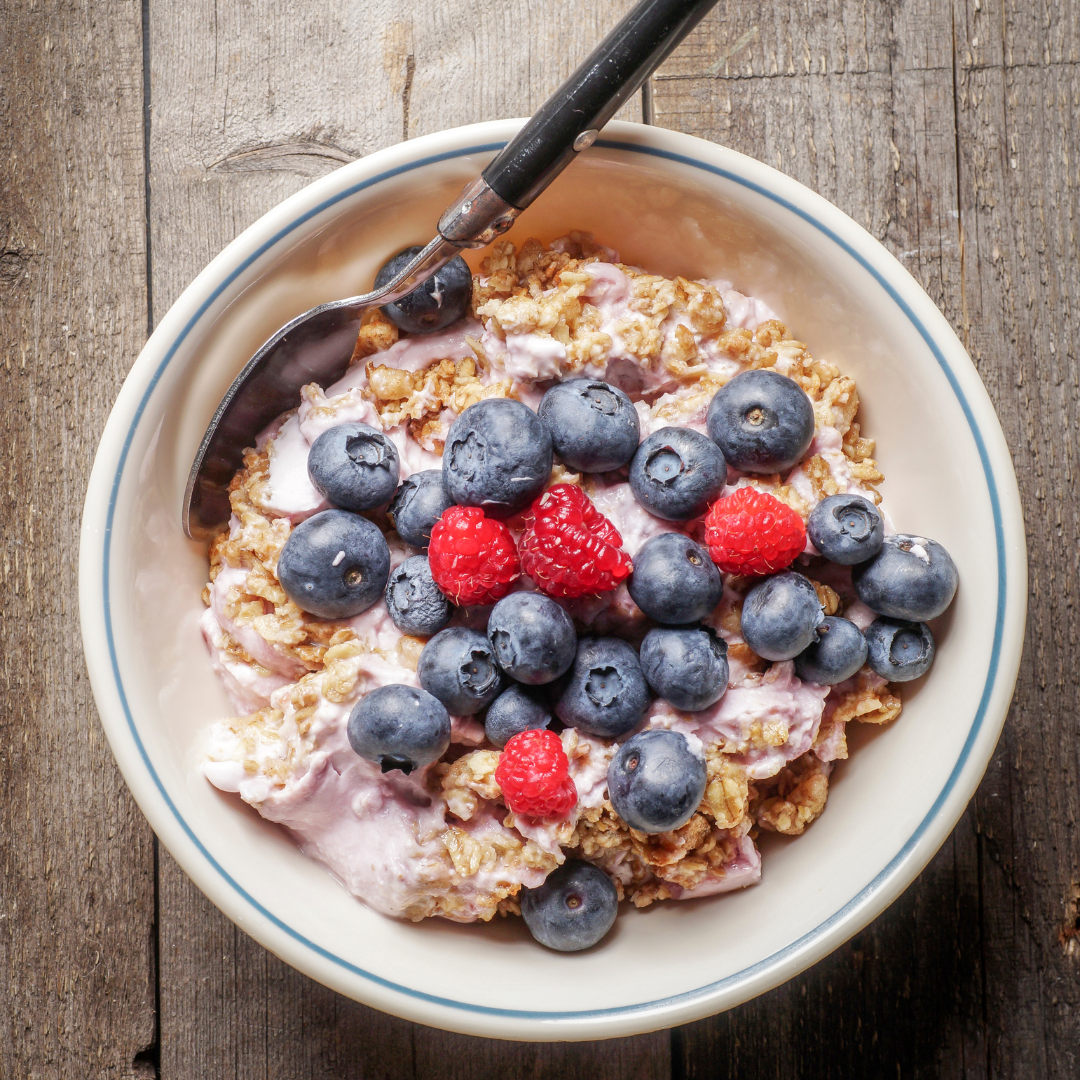
13. Oatmeal
A common breakfast item prepared from ground oats is oatmeal. It is a complex carbohydrate that provides sustained energy and does not cause rapid spikes in blood sugar levels.
For those with diabetes or those attempting to control their blood sugar levels, this may be helpful.
Moreover, oatmeal contains a lot of fiber, which might aid in promoting satiety and preventing overeating. Fiber can also help regulate bowel movements and lower cholesterol levels, benefiting heart health.
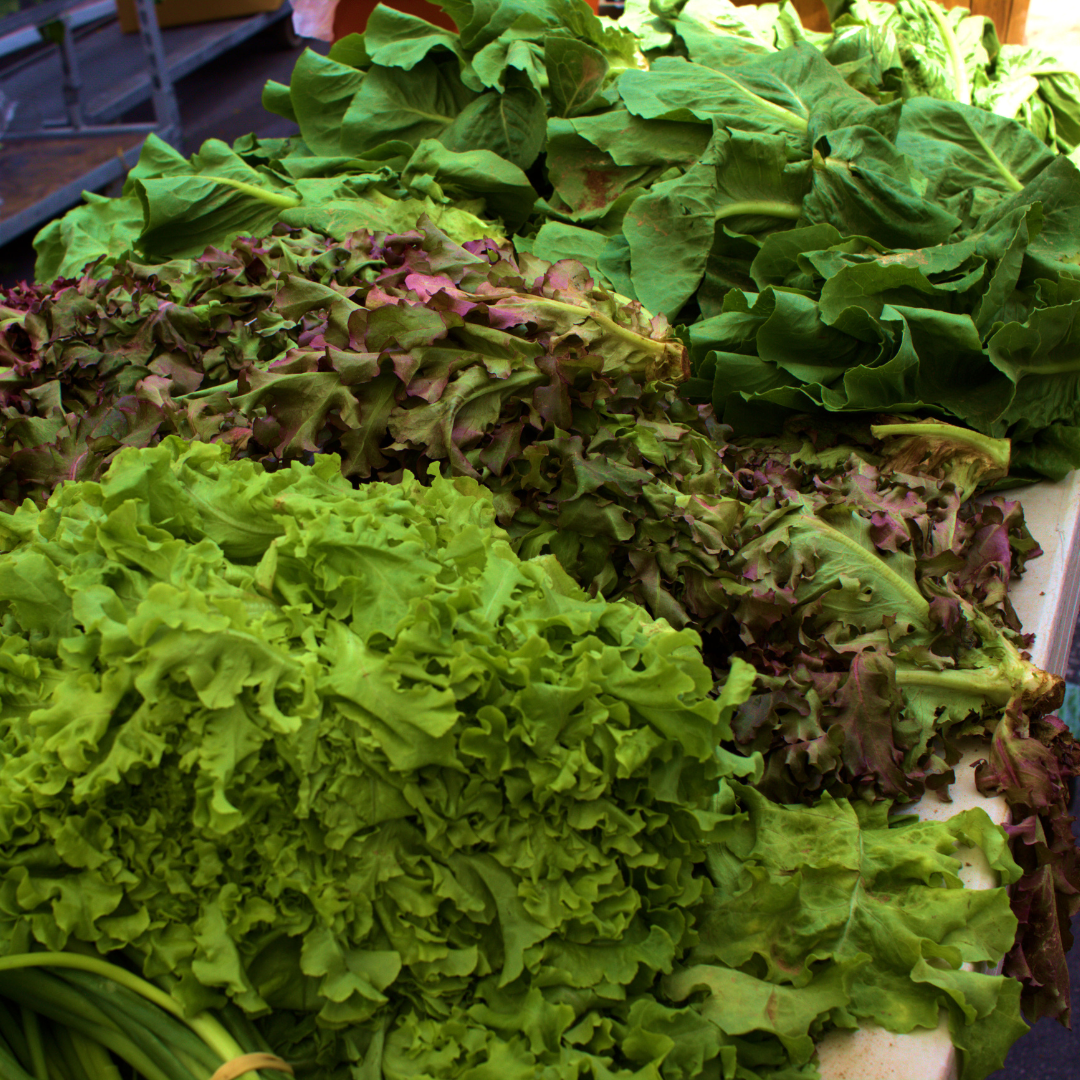
14. Leafy Greens
Leafy greens are a group of vegetables known for their nutrient density and health benefits. They include spinach, kale, collard greens, and many others.
Leafy greens are a good source of several important vitamins and minerals, including magnesium and vitamin C.
Magnesium is a vital mineral that regulates various biological processes, including the health of muscles and nerves, blood sugar levels, and blood pressure.
It assists in regulating cortisol levels, which are frequently raised during stress and may contribute to anxiety symptoms.
Leafy greens are also an excellent source of vitamins and powerful antioxidants that can help boost the immune system and reduce stress levels.
It has been demonstrated that vitamin C has several health advantages, including lowering inflammation, enhancing skin health, and promoting healthy aging.
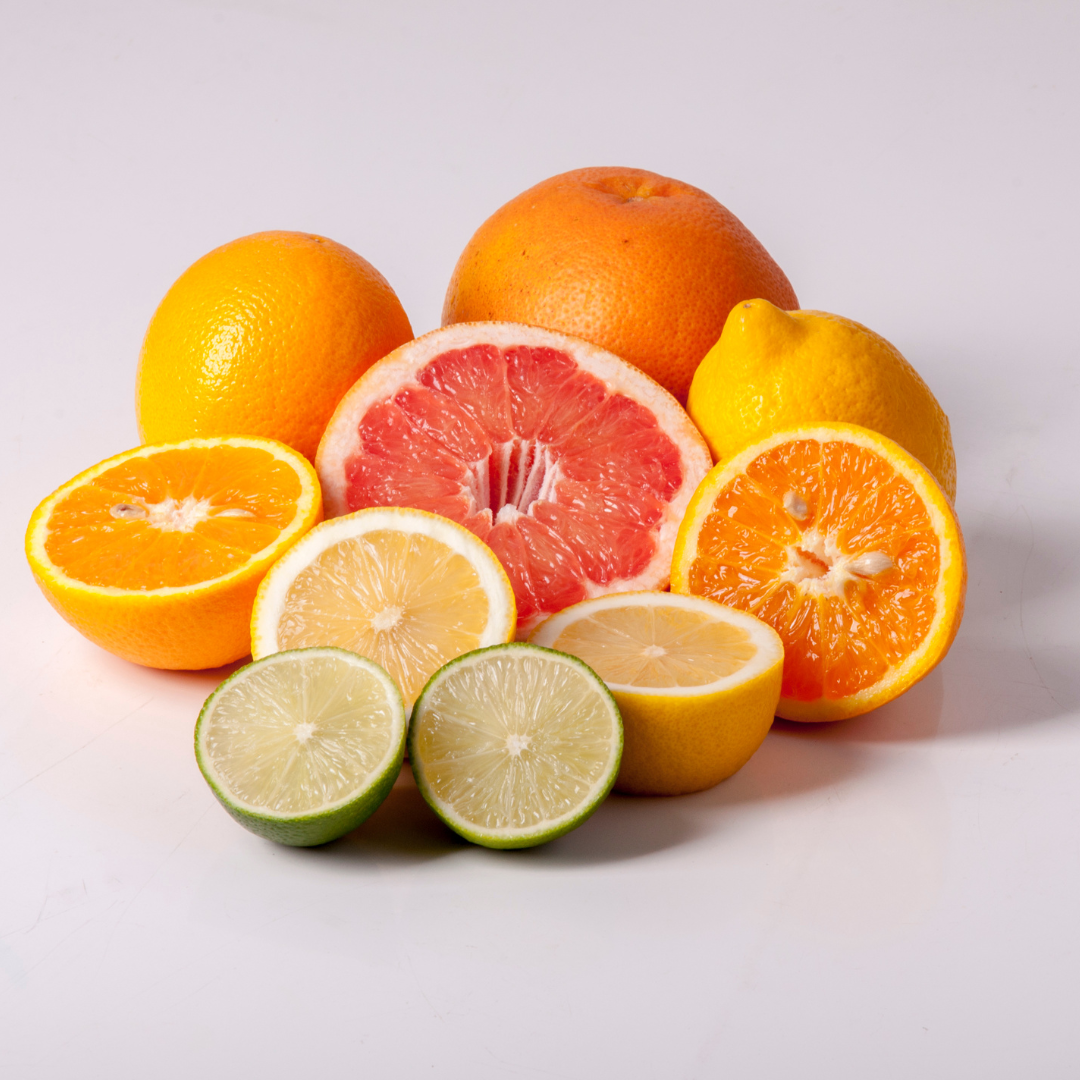
15. Citrus Fruits
Citrus fruits are a group of fruits that are known for their tangy and fresh flavour. They include oranges, lemons, limes, grapefruits, and many others.
Citrus fruits are a great source of several important vitamins and minerals, including vitamin C and antioxidants.
Vitamin C is a water-soluble vitamin essential for tissue growth and repair throughout the body. It can help boost the immune system and reduce stress levels. Antioxidants shield the body from damage from dangerous chemicals known as free radicals.
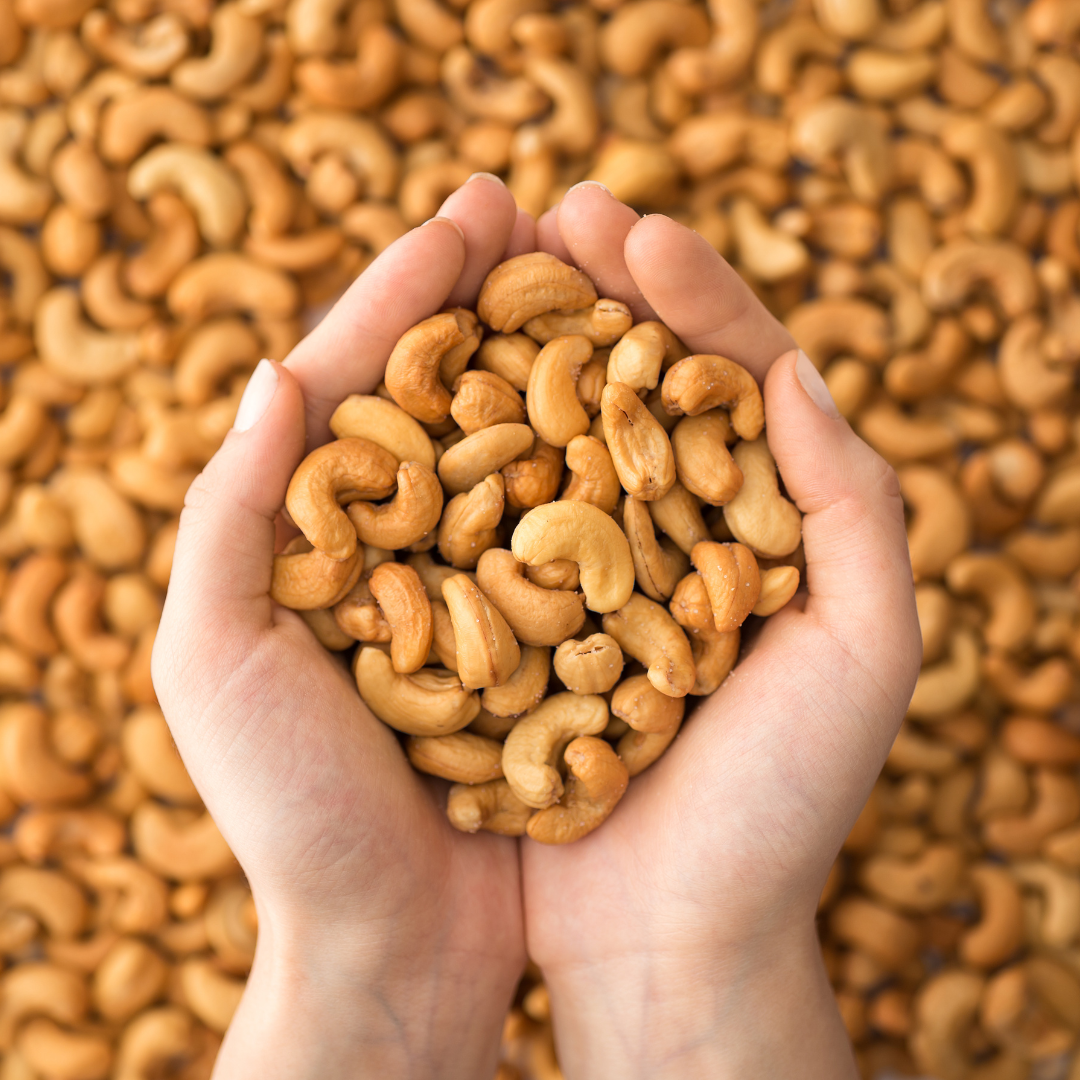
16. Cashews
Cashews are a type of nut rich in nutrients, including zinc. Zinc is an essential mineral that plays a role in many different bodily processes, including immune function, wound healing, and protein synthesis.
Research has shown that zinc may also positively impact stress levels by regulating the hormone cortisol.
Cortisol is a hormone released in response to stress, and cortisol levels can negatively affect the body over time, causing increased inflammation and impaired immune function.
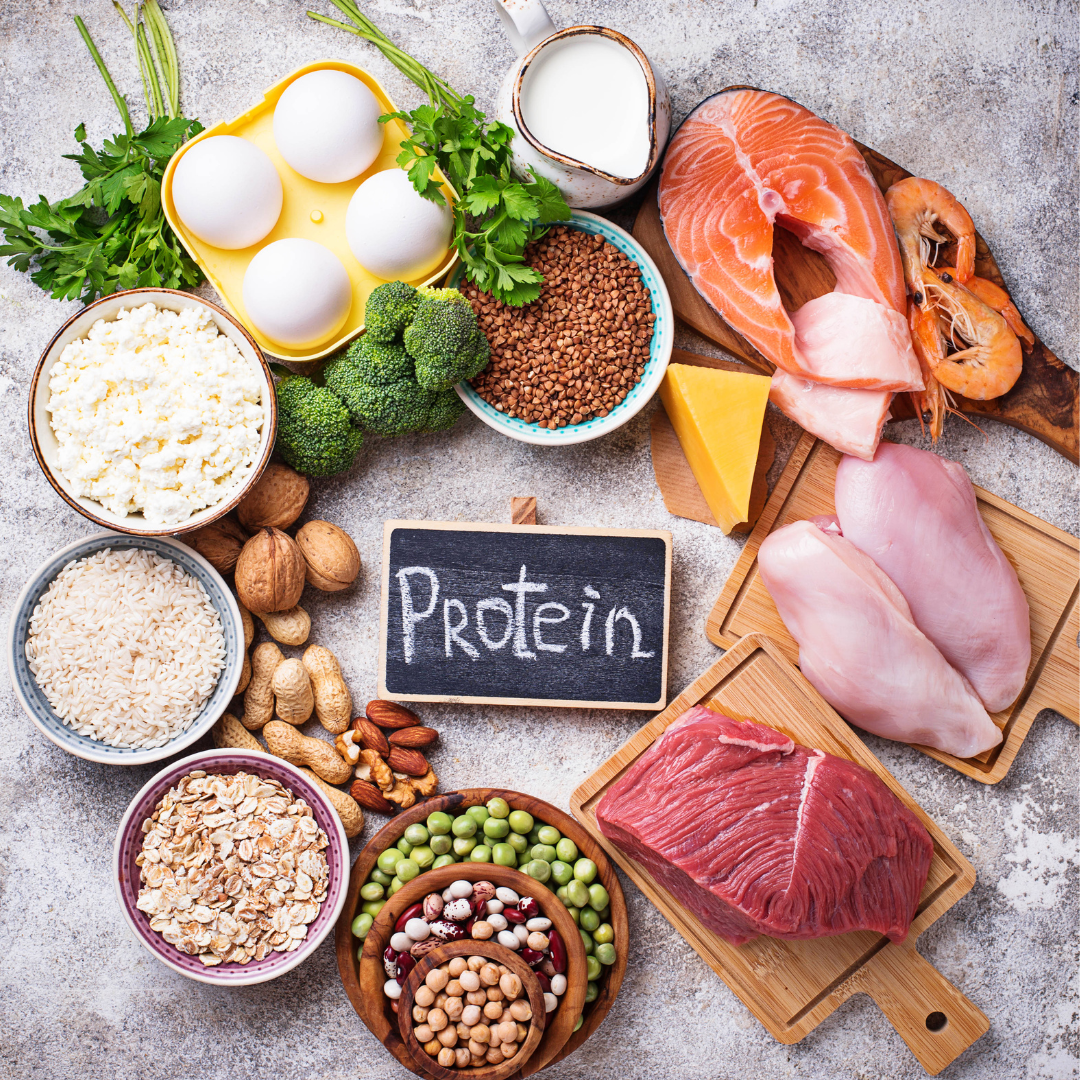
17. Lean Proteins
Lean proteins, such as chicken, turkey, and tofu, are a good source of amino acids. Amino acids are the building blocks of protein and play an important role in the body's production of neurotransmitters that help regulate mood and behaviour.
Some amino acids, such as tryptophan, can increase the production of serotonin, a neurotransmitter that helps regulate mood and reduce stress.
Other amino acids, such as tyrosine, can increase the production of dopamine and norepinephrine, which are neurotransmitters involved in motivation, focus, and energy.
Incorporating lean proteins into a balanced diet can help provide the body with the necessary amino acids for neurotransmitter production and support overall mood regulation and stress reduction.

18. Bananas
Bananas are a fruit that is a good source of nutrients, including potassium. Potassium is an essential mineral that plays a role in bodily processes, including regulating blood pressure.
Stress can cause an increase in blood pressure, which can negatively affect the body over time. However, consuming potassium-rich foods, such as bananas, can help regulate blood pressure and reduce the effects of stress on the body.
Bananas also contain other nutrients supporting overall health, such as vitamin C and fiber. Incorporating bananas into a balanced diet can provide the body with these essential nutrients and potentially help reduce the negative effects of stress.
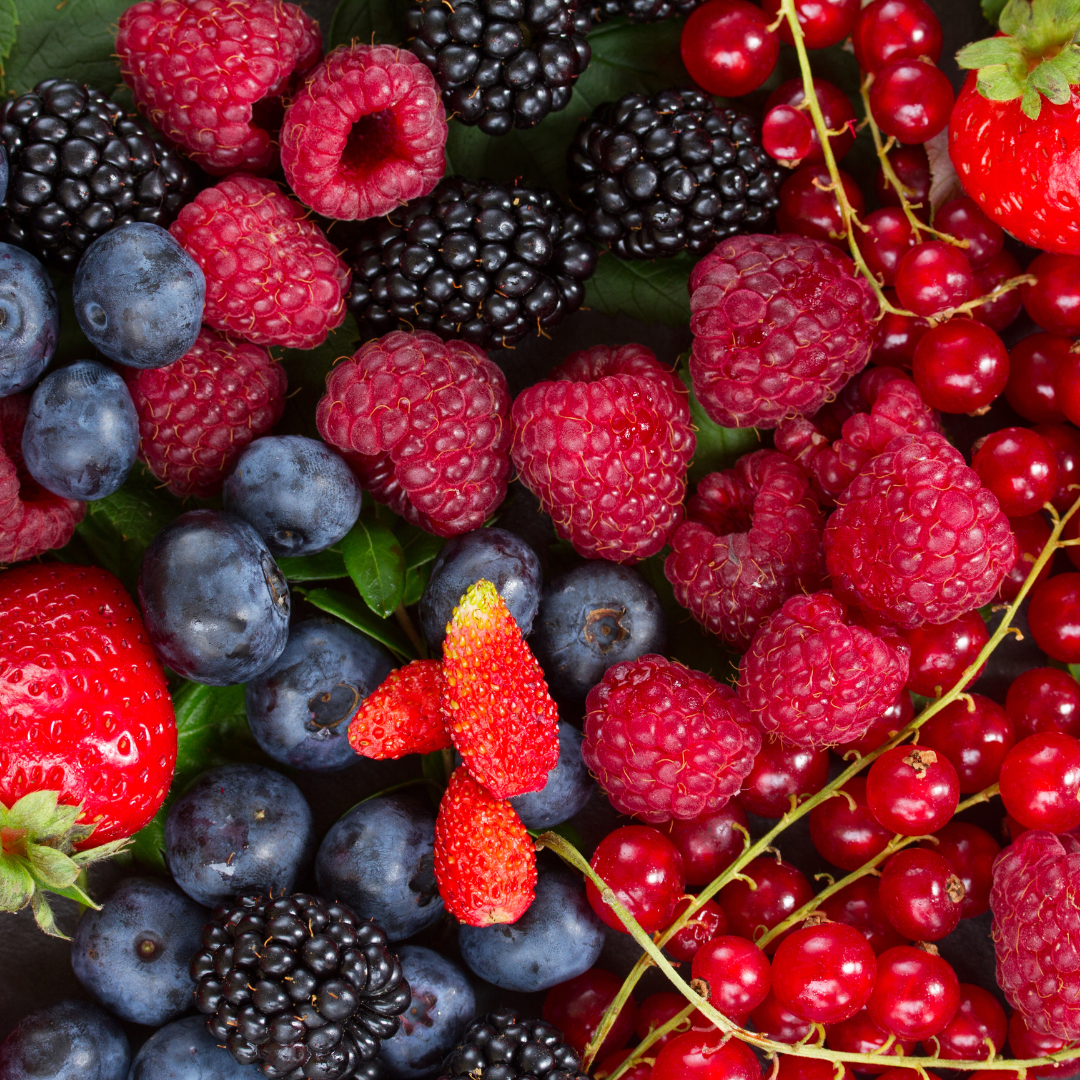
Conclusion
The food we eat can be important in managing stress and promoting overall well-being.
Incorporating certain foods into a healthy and balanced diet can help regulate mood, produce neurotransmitters, reduce inflammation, regulate hormones, boost the immune system, and promote relaxation.
Complex carbohydrates, protein-rich foods, antioxidant-rich foods, magnesium-rich foods, potassium-rich foods, and foods high in vitamins and probiotics are all beneficial for managing stress.
Natural relaxants such as chamomile tea can also help reduce stress and promote relaxation.
It is important to note that a healthy diet should be combined with other stress management techniques such as exercise, mindfulness, and getting enough sleep for maximum benefits.
By incorporating stress-reducing foods and other healthy habits into our daily routine, we can improve our mental and physical health and live a more balanced and fulfilling life.
I trust you enjoyed this article about the Best Foods To Relieve Stress. Please stay tuned for more blog posts to come shortly.
JeannetteZ
>>>Please click here to read my all-inclusive article about Lessons That Will Teach You All About Stress<<<
>>>Are you interested in Natural Healing And Stress Relief through Herbs? Please click here for my #1 Recommendation<<<
>>>Please click here to read more about food and health on my Vegan website<<<
Your Opinion Is Important To Me
Thoughts? Ideas? Questions? I would love to hear from you. Please leave me your questions, experiences, and remarks about this article on the Best Foods To Relieve Stress in the comments section below. You can also reach me by email at Jeannette@Close-To-Nature.org.
Disclosure
This post may contain affiliate links. I earn from qualifying purchases as an Amazon Associate and other affiliate programs. Please read my full affiliate disclosure.
You might also enjoy these blog posts:
Best Acupressure Points To Relieve Stress
8 Best Essential Oils To Help With Stress
7 Best Ways To Deal With Exam Stress
13 Best Simple Ways To Deal With Stress At Work
12 Best Tea Brands For Stress Relief

